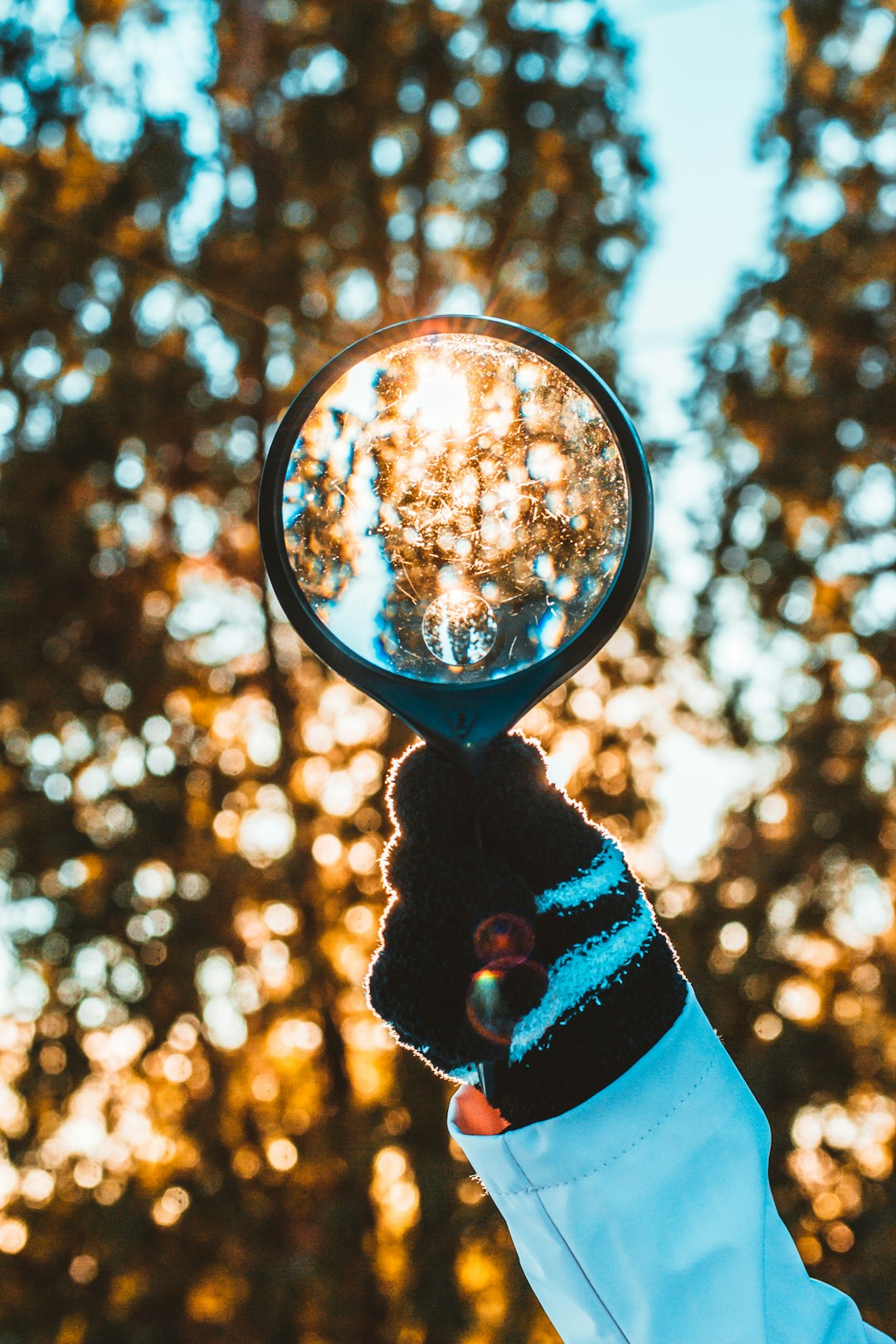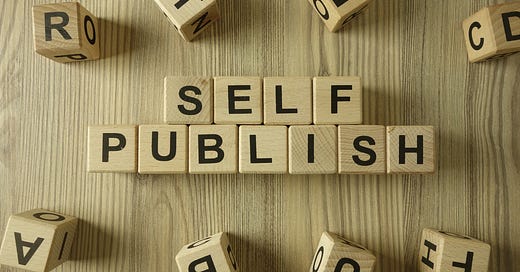
Whatever Happened to Curiosity?
Our ability to empathize with others depends on our desire to know more about the world we inhabit together
In Accepting the Unexpected, I step away from writing about travel to comment on the bigger journey of life. While the topics may vary, the central theme is always the same: living life means learning to deal with the unexpected.
“Curiosity killed the cat.”
Or something like that.
That’s the idiom we’ve all grown up with, right? This idea, from our childhoods, that being curious leads to potentially harmful behavior, the worst of which can lead us to our deaths.
We see it in famous stories from history and in the news all of the time. Amelia Erhart thought that she could fly around the world and disappeared. Adults of a certain age remember watching, as children, news crews breathlessly cover the rescue of “Baby Jessica” from a well somewhere in Texas. Jon Krakauer wrote about two very different stories of expeditions gone wrong in his books Into the Wild and Into Thin Air. Aron Ralston thought that he could hike alone in a Utah canyon and nearly lost his life, surviving only when he decided to cut off part of his own arm.
We’ve been taught that curiosity is usually a recipe for disaster, something to be avoided in order to prevent emotional, physical, or spiritual harm. While it may be fine for a select few brave and possibly stupid people to try something new or different, we are not one of those select few. We are regular people. If we stick with the known and avoid the unknown, we can live comfortably secure lives free of most pain.
And some days, that sounds amazing. Some days it sounds like the best idea in the world to not be plagued by questions and doubts and a desire to learn more. Some days it seems like avoiding risk of any kind is the safest and best way to live.
But we were created to be curious creatures. The story of Adam and Eve isn’t just the story of the Fall into sin; it is the story of how God created humans with the innate desire to know more, sometimes to our own detriment.
I’ve never been satisfied with accepting the status quo. My thirst for knowledge was one of the reasons that I switched to being a history major from a drama major when I was a sophomore in college. While my mother warned me that preparing to be a history and English teacher was going to not only make school harder, it was also going to throw me into a teaching position that required more of me, I didn’t care. My undergraduate history classes were some of the hardest and most rewarding classes of my academic career. I frequently tell students that Russian History was the hardest class I ever took (it’s the only class I almost got a C in) and probably one of my favorites. Why? Because it was challenging and fascinating and I left the course with a wealth of knowledge.
And that desire for knowledge didn’t stop when I graduated with a bachelor’s degree.
I usually have one paperback or hardcover book that I’m reading and at least one book on my Overdrive queue to listen to while I’m driving or running. I have several podcasts on my podcast player that cover a variety of topics from many different perspectives. I went to graduate school to pursue an additional English degree because I wanted to know more about my favorite subject and how to better teach it to my students. I love watching documentaries and have raised kids who are just as likely to watch cartoons as they are to watch Animal Planet or the Discovery Channel. My curiosity drives me to want to know more about my world and how things work and what motivates the people with whom I share this world. For me, it is a natural state of being.
And maybe that’s why the lack of curiosity that I see from so many of my fellow citizens is both perplexing and maddening. This is particularly true when I look at my fellow believers.
God created us to be curious creatures who seek answers to the greatest problems that plague each generation. Yes, curiosity has caused dissension and war and destruction of different parts of our planet, but it has also led us to cures for diseases, better food and water supplies, and technology that has helped to connect our world.
What happens when we deny our natural propensity towards curiosity?
I’ve seen church leaders blame delayed marriage and decrease in childbirth rates for lower church attendance instead of asking why the people around them don’t want to attend church. I’ve seen teachers (including yours truly) blame technology and lack of parent involvement for disengaged students without considering how brains and needs have changed in the 21st century. I’ve seen politicians freak out about test scores without asking educators on the ground what they are seeing and needing to help students learn and grow. I’ve seen white people argue over and over again that they aren’t racist while refusing to acknowledge the millions of stories about systemic oppression. Over the past two years, I’ve watched as people have denied science and the scientific method as we have had to learn and adjust to new knowledge and a mutating virus, refusing to believe the evidence right in front of them in favor of “evidence” that confirms what they already thought or believed.
Living a life without genuine curiosity is easy and we are all guilty of it in some way or another. Even the deepest thinkers among us will shut off their curiosity if it challenges them to let go of deeply held beliefs and carefully formed ideas.
Curiosity takes a significant amount of vulnerability because we’re always taking a chance that we might have been wrong. We’re allowing ourselves to learn something new that may turn everything else upside down. It takes a lot of mental, emotional, and psychological work to process all that we discover along the way. And it requires humility both when we discover we need to change our perspective and when we receive confirmation that we were right all along, a level of humility that very few of us possess in large quantities.
Curiosity is never about seeking confirmation bias but instead being willing to wrestle with complexities and the very real possibility that you may be wrong. It’s the evolutionist who questions why every system on earth and in the heavens works in perfectly and beautifully complex ways, almost as if they were designed to do so. It’s the creationist who sees a fossil record that doesn’t line up with a six-day creation without fear of losing their faith. It’s the teacher who is willing to research why a certain group in their classes always struggles with their teaching style. It’s the doctor who takes a minute to listen to their patient and consider that maybe their patient is holding the yet-to-be-tried key to diagnosis. It’s the politician who asks why only 51% of voters chose them instead of accepting that small margin of victory as a legislative mandate.
Curiosity is how we learn to live in community, living with and for the betterment of our neighbors. It is how we were created to live as citizens in God’s creation.
In the days following Jesus’ resurrection, he gives us a perfect example of what it means to entertain curiosity. When Mary weeps he asks her what is troubling her. When he meets the men on the Emmaus road, he asks them why they are so downtrodden. When he sees Thomas for the first time, he challenges him to touch his hands and feet as proof that he is, in fact, risen from the dead. The Gospels repeatedly show us curious people who refused to accept the status quo, a status quo that harmed the most vulnerable around them.
Curiosity didn’t kill the cat and it’s not going to kill us either. But it just might teach us a better way to live.
Please “like” by clicking on the ❤ and share this post with your friends so that others can join me on the journey.










